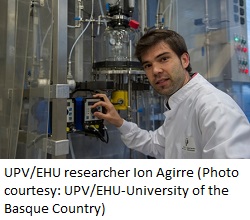 Time to finalize your plans to attend the Renewable Fuels Association’s 19th Annual National Ethanol Conference with the theme of Falling Walls, Rising Tides, Feb. 17-19, 2014. Conference registration is now open, and the RFA needs you at the JW Marriot in Orlando, Fla.
Time to finalize your plans to attend the Renewable Fuels Association’s 19th Annual National Ethanol Conference with the theme of Falling Walls, Rising Tides, Feb. 17-19, 2014. Conference registration is now open, and the RFA needs you at the JW Marriot in Orlando, Fla.
Now more than ever our industry should be proud of its success in bringing down barriers that limit our production and use, and which have resulted in noticeable reductions in demand for fossil fuels and imports, expanded markets around the world for both fuel and food, and consumer choice for renewable, domestic fuel options. We have answered the call with the introduction of E15, a proven fuel that is cost-effective for both consumers to use and retailers to install and provide. We see continued growth in E85 due to positive economics, and opportunities for advanced ethanol have never been brighter as the Renewable Fuels Standard (RFS) rises steadily over the coming years.
This is one event you sure don’t want to miss, as more than 1,200 attendees are expected for the two days chocked full of valuable, impactful ethanol expertise and numerous networking opportunities. Click here to register.








 Verenium Corporation is focused on the development and commercialization of high-performance enzymes for a number of applications,
Verenium Corporation is focused on the development and commercialization of high-performance enzymes for a number of applications, 

